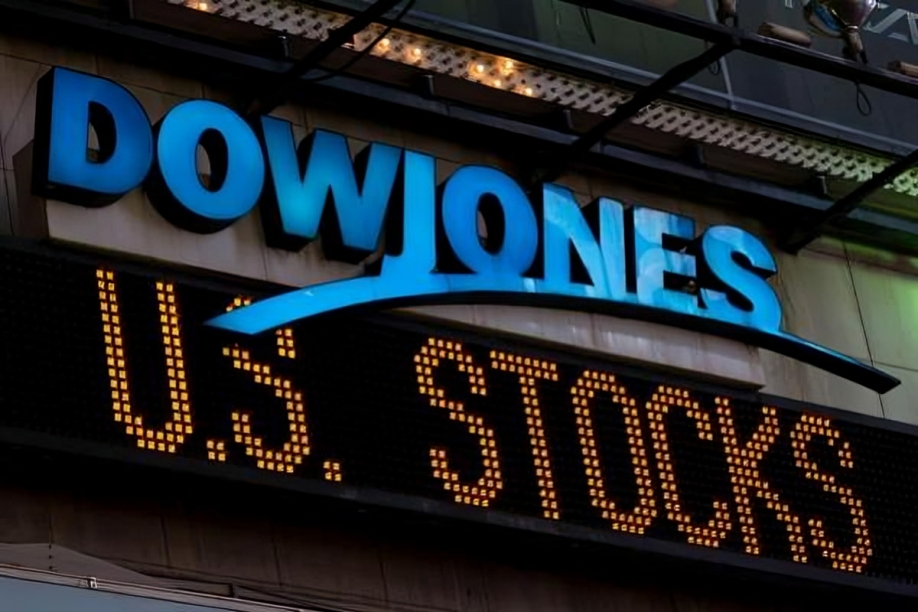Table of Contents
ToggleIntroduction
The Dow Jones Industrial Average (DJIA), a financial cornerstone, shapes perceptions of the stock market globally. Founded in 1896 by Charles Dow and Edward Jones, it remains a vital barometer for investors. The Dow Jones reflects the economic health of the United States, making it a crucial indicator for market sentiment. As it captures significant moments in financial history, understanding its evolution provides insight into economic trends. In this article, we will explore its history, components, and influence on global markets.
The Origins of the Dow Jones Industrial Average
This is Industrial Average began as a simple tool to track the largest U.S. companies. Charles Dow, a renowned financial journalist, aimed to provide investors with a snapshot of the industrial sector. Edward Jones, his business partner, supported Dow’s vision by co-founding Dow Jones & Company. Initially, the DJIA consisted of 12 industrial companies, representing America’s growing industrial power. Companies like General Electric were part of the original index, symbolizing the industrial revolution.
How the Dow Jones Works Today
Today, the Dow Jones consists of 30 major U.S. companies across various industries. These companies are chosen by the S&P Dow Jones Indices committee, ensuring a balanced representation of the market. Rather than using a weighted system based on market capitalization, the Dow employs a price-weighted system. This unique structure means higher-priced stocks have a larger impact on the index’s movement.
Key Milestones in the History of the Dow Jones
Throughout history, it has mirrored pivotal moments in the global economy. The Great Depression in 1929 marked the most devastating crash in its history, plummeting by nearly 90%. This event highlighted the volatility of markets and the profound impact of economic crises on the Dow. Another defining moment came during the 1987 stock market crash, also known as “Black Monday.” On this day, the Dow fell 22%, sending shockwaves through global markets.
Impact of the Dow Jones on Global Markets
The influence of the it reaches far beyond U.S. borders, affecting global markets and economies. International investors often look to the Dow as a measure of U.S. economic health, driving global investment decisions. When the Dow rises, it typically signals investor confidence, often boosting stock markets worldwide. Conversely, sharp declines in the index can cause panic selling across international markets, reflecting global interconnectedness.
Why the Dow Jones Remains a Reliable Market Indicator
Despite the emergence of other indices, it remains a reliable gauge of market sentiment. One reason for its continued relevance is its historical significance and track record. Investors and analysts trust the Dow because of its ability to reflect long-term economic trends. Its ability to adapt over time, incorporating companies from different sectors, ensures that it remains relevant.
The Criticisms of the Dow Jones
While the Dow remains iconic, it has faced criticism, particularly due to its price-weighted structure. Critics argue that this system gives undue influence to companies with higher stock prices, distorting the overall index. For example, a minor price fluctuation in a high-priced stock could cause the Dow to move significantly, even if other companies remain stable. This price-weighting can lead to an inaccurate reflection of the broader market.
The Future of the Dow Jones Industrial Average
As the economy continues to evolve, the it is likely to change alongside it. With the rise of new industries like artificial intelligence, green energy, and biotechnology, the index may see new additions in the future. The index will continue to adapt, ensuring that it remains a relevant and trusted market indicator.
Conclusion
The Dow Jones Industrial Average has withstood the test of time, reflecting the strength and volatility of the U.S. economy. Its adaptability, combined with its historical significance, ensures that it remains a vital tool for investors. Though not without its critics, the Dow continues to serve as a reliable indicator of market sentiment. As the global economy evolves, so too will the Dow, maintaining its role as a financial beacon for years to come.











